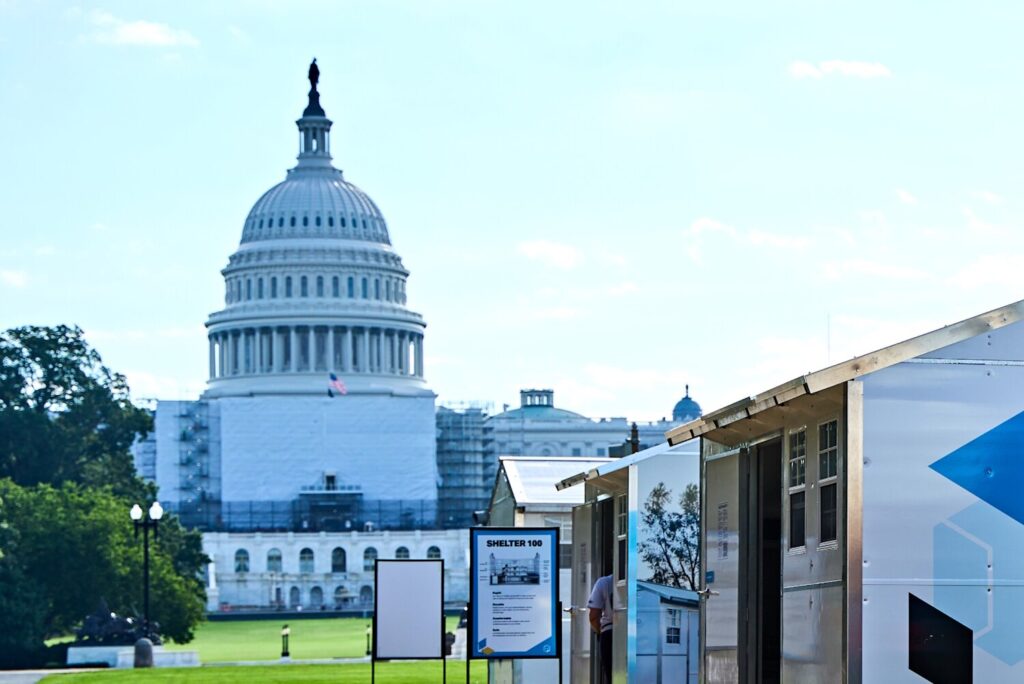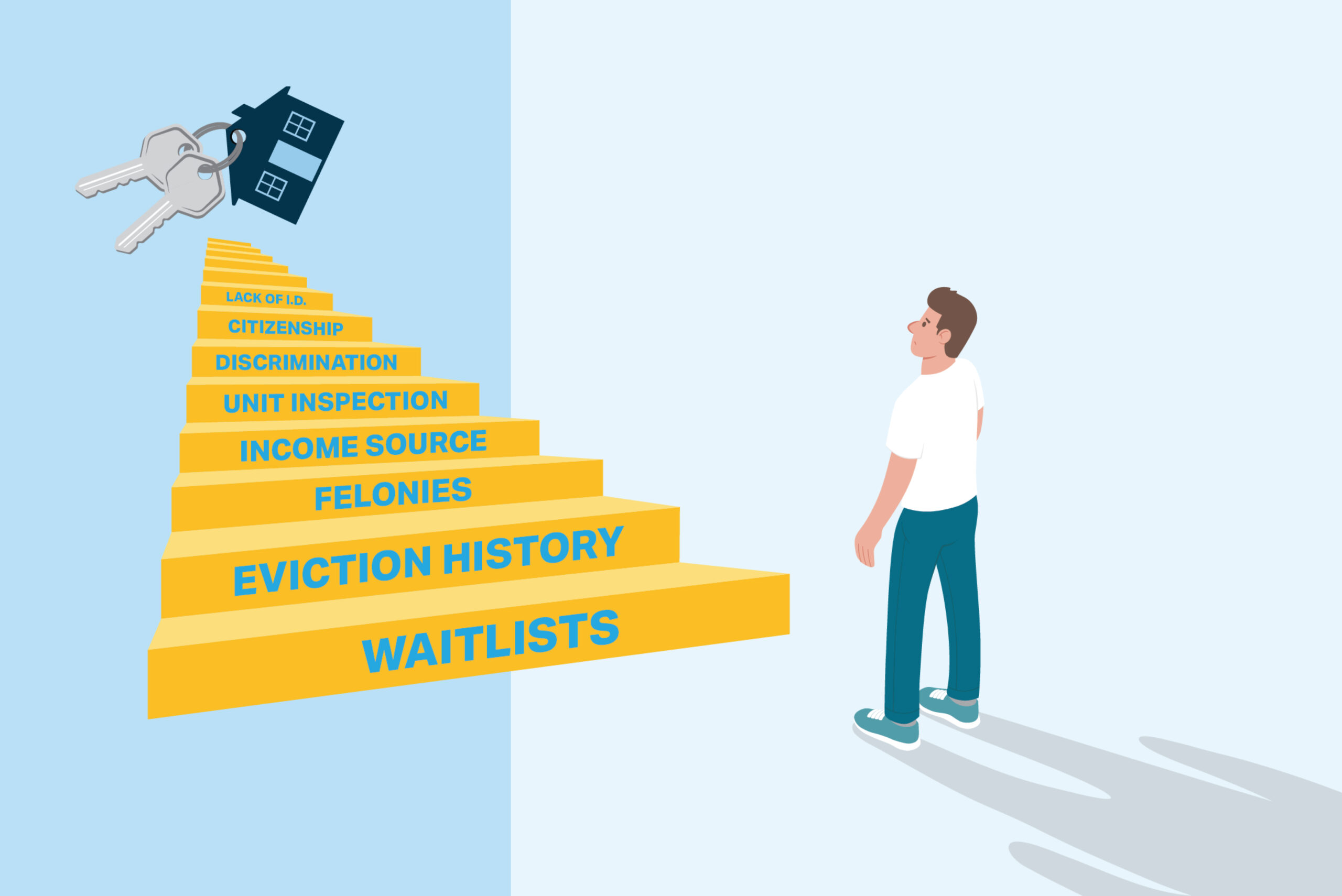Going Beyond Permanent Housing
March 15, 2023

Homelessness is not just about permanent housing. While affordable housing is certainly part of the answer to the equation, the streets cannot act as a waiting room for those who are unsheltered. Housing alone will not solve our nationwide homelessness crisis. And the federal government agrees.
At the end of last year, the Biden-Harris Administration announced ALL IN: The Federal Strategic Plan to Prevent and End Homelessness, which outlines ways to reduce homelessness by 25 percent by 2025. One of the focus areas in the plan is helping response systems meet the needs of people who are unhoused and unsheltered. The plan will, “increase the availability of and access to low-barrier, and culturally appropriate shelter, especially non-congregate shelter.”
The plan also states: “Emergency shelter—both congregate and non-congregate—serves a temporary and life-saving role for people in crisis and should be implemented with as few barriers as possible. The key components to effective emergency shelter include culturally appropriate, gender-affirming, and specific, low-barrier access and housing-focused services aimed at rapid exits back to permanent housing.”
An ecosystem of support
We believe housing is a human right but breaking the cycle of homelessness means caring for the person’s individual needs. An ecosystem of support is needed alongside permanent housing to transition people from the streets into safe spaces. That can mean providing access to healthcare, mental health support, counseling, transitional employment, food, and much more.
If we don’t address the issues that drive chronic homelessness such as a lack of access to social services and the cost and speed of building long-term affordable housing, the cycle will continue. It’s among the reasons why policymakers at the federal, state, and local levels are developing opportunities for emergency and transitional housing.
Research shows having a safe space improves well-being and health and overall life expectancy, boosts pathways to education and personal development and influences future employment opportunities. The benefits of ending homelessness improve the quality of life for individuals and families in addition to strengthening our cities and towns. You can learn more in our white paper, Responding to Your Local Homelessness Emergency.
Transitional housing makes a difference
Pallet has built thousands of safe, secure, and dignified transitional shelter units for people experiencing homelessness across the U.S. with our lived experience workforce. We identify realistic and data-backed approaches to make a meaningful difference. While long-term solutions are put in place, we play a critical role in bridging the gap with immediate transitional housing and connection to wrap-around social services—a proven model for success.
When temporary shelter sites are operated with adequate support services, we see people take advantage of those services and get the help they need and eventually transition to permanent supportive housing when it becomes available. A recent study that measured the effectiveness of shelter villages for people experiencing homelessness in Oregon found that 69 percent of villagers were satisfied or very satisfied with their village.
Most importantly, we need to make decisions informed by those with lived experience. This quote from ALL IN: The Federal Strategic Plan to Prevent and End Homelessness from a Portland, Maine area resident who experienced homelessness sums it up best:
“We can never ever go back to sheltering people as we once did. Too much has changed since this pandemic began. Congregate housing and large shelters didn’t work that well in the first place, did not support the dignity of the homeless as people. The pandemic has shown us clearly that other ways of securing housing—such as hotels, small transitional units, and private low-income housing units—are essential, and more creative thinking needs to be encouraged if we are going to eliminate massive homelessness.”


